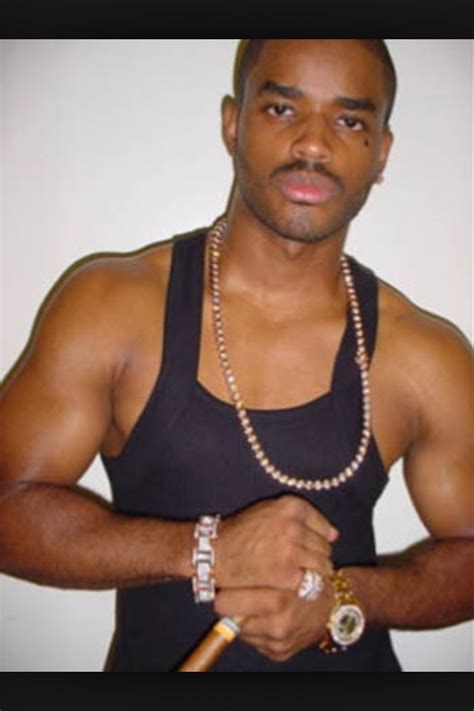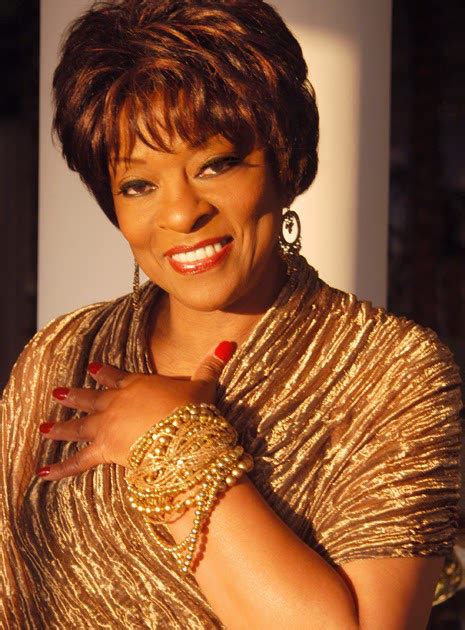A Quote by Siddhartha Mukherjee
Each of us knows a few or several young people whose lives have been devastated by cancer. I don't mean to be nihilistic about it, but it is very much an active killer of people now.
Related Quotes
You know, cancer is bipartisan. I mean, there are so many people whose lives are touched and changed by cancer that people are willing to work together to find cures, find solutions, make lives better for cancer patients. So I think people put politics aside. This isn't a political thing. This is a life issue.
One of the pitfalls about writing about illness is that it is very easy to imagine people with cancer as either these wise-beyond-their-years creatures or these sad-eyed tragic people. And the truth is, people living with cancer are very much like people who are not living with cancer. They're every bit as funny and complex and diverse as anyone else.
We read about secret lives that people have on the Internet, or alternate lives of a serial killer where the whole family didn't know that their dad or their brother or their child was that. There are all the things in our heart that no one really knows, and I thought that that was interesting territory to explore.
Now, I think our prophet today is telling all of us, in this day and time, to go and bring in those people who are out on the plains. Each worthy young man should go on a mission. And each one of us, though we may not be called to active missionary service, can be on a mission and be involved in a cause that is greater than we are, the greatest cause of all in the world: the salvation of each of our Father's children.
Even very recently, the elders could say: 'You know, I have been young and you never have been old.' But today's young people can reply: 'You never have been young in the world I am young in, and you never can be.' ... the older generation will never see repeated in the lives of young people their own unprecedented experience of sequentially emerging change. This break between generations is wholly new: it is planetary and universal.
I would tell a newly diagnosed young woman that breast cancer is a complex disease which can be frightening and confusing, and it's normal to experience these emotions, and having a good support system is important. Be an active participant in your treatment, follow your doctor's instructions and ask questions. Also, I would tell her that there have been many advances in breast cancer and women are now living much longer.
The more children see of violence, the more numb they are to the deadly consequences of violence. Now, video games like 'Mortal Kombat,' 'Killer Instinct,' and 'Doom,' the very game played obsessively by the two young men who ended so many lives in Littleton, make our children more active participants in simulated violence.
To me, the main difference between young people now and the people I was young with isn't so much style, it's the relationships they have with their parents. Their parents like them much more than ours liked us. Our parents weren't our friends. But now I see my friends on the phones with their, what, 30 - year - old kids? And they're talking about feelings.
I think there's sometimes too much attention to a few people who do hold extreme views. Most Americans go about their lives living in communities that are increasingly multiethnic, increasingly multi-religious. And they are welcoming of people who are not like themselves. Now, I don't have rose-colored glasses about America, because I grew up in the segregated South. But I watch it every day. I think that Americans are very tolerant people.
Cancer vaccines are in the future. And they could be very effective. Checkpoint blockade, which is acting your immune system to recognize those cancer cells and kill them is another very promising approach and there have been some checkpoint blockade drugs out in the market now that will release the brake on T lymphocytes, the T lymphocyte is your major killer of tumor cells.
If we have learned anything in the past ten years, it is that these lovely things about America were never lovely. We have been expansionist and aggressive and mean to other people from the beginning. And we've been aggressive and mean to people in this country, and we've allocated the wealth of this country in a very unjust way. We've never had justice in our courts for the poor people, for black people, for radicals. Now how can we boast that America is a very special place? It's not that special. It really isn't.



































